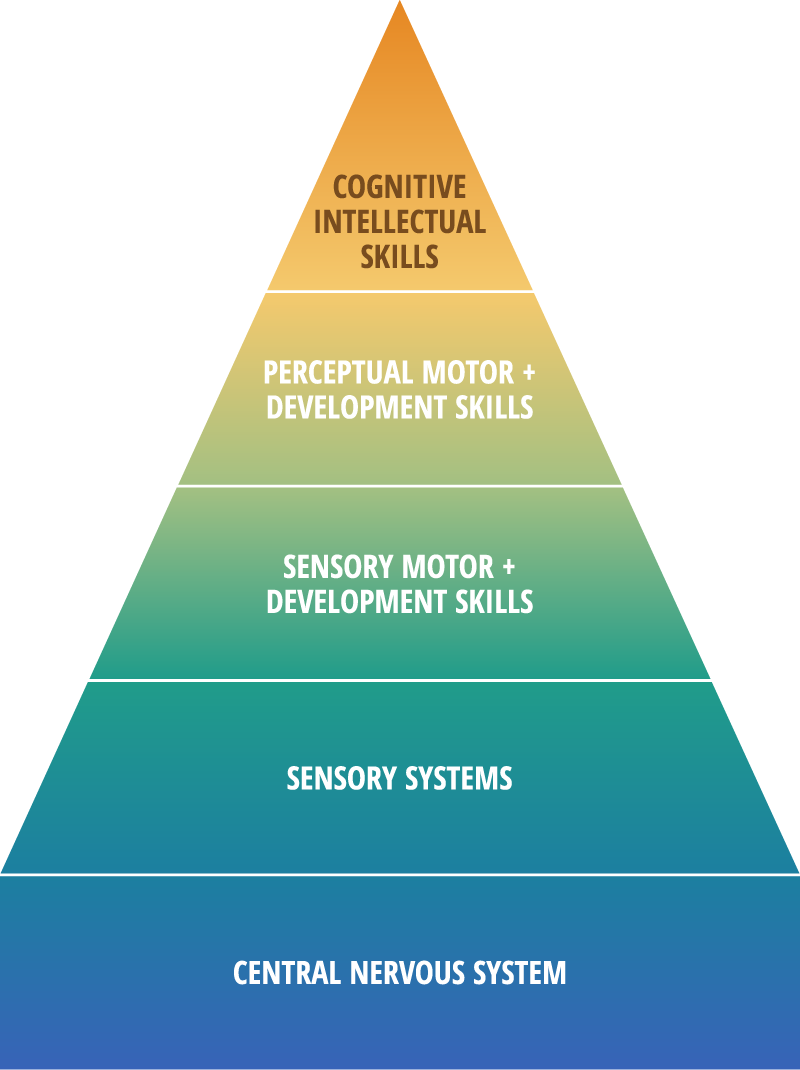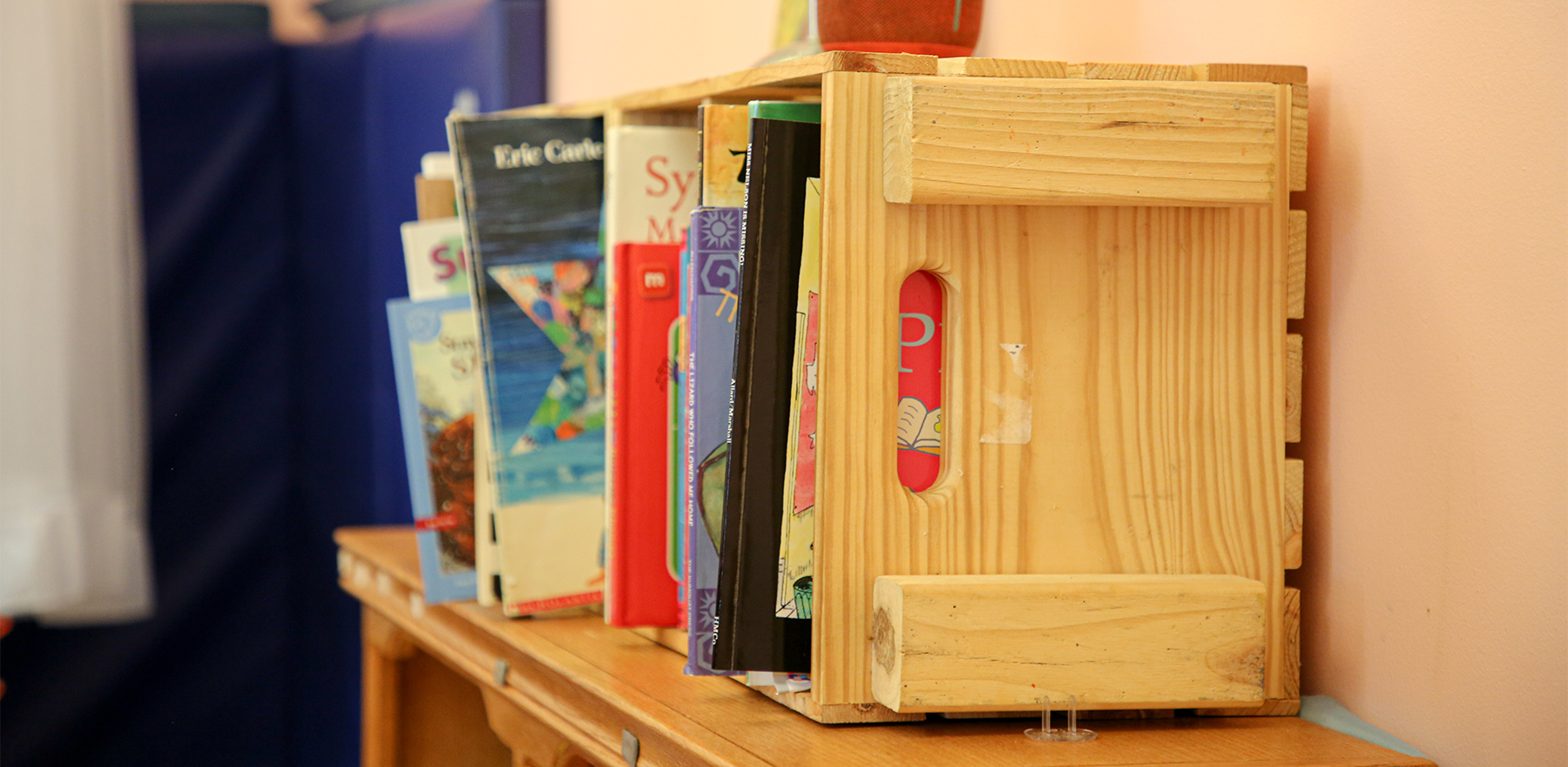The Waldorf curriculum is unique in that it offers a sensory rich, experiential learning environment. Raphael Academy uses a Waldorf-inspired curriculum for students who would benefit from a more practice-oriented approach to academics.
Educating the Whole Person
Our curriculum is focused on nurturing the mind, body, and spirit of every student who enters Raphael Academy. Core academic subjects are approached through practice-oriented teaching methods and daily arts integration. In following a Waldorf-inspired curriculum, Raphael Academy’s students are able to develop the cognitive, social, and physical skills needed to lead joyful, engaged lives beyond their school days.
View Our Curriculum Overview
See the entire Raphael Academy curriculum broken down by classroom level and subject.
Our Students Grow With Us
By offering grades 9 through 12, we are able to help students develop a rich love for learning from adolescence and into adulthood. Through The Guild at Raphael Village, Raphael Academy students also have the opportunity to continue their education into adulthood upon completing their primary and secondary studies.
Small Classes Bring Meaningful Connections
Social interaction and relationship-building are fundamental aspects of educating our differently-abled students so that they may become active participants in their communities. Our ideal classroom size maintains a 7:2 student-to-teacher/assistant ratio, though class size may vary depending on the particular composition and needs of a given class. Small classes give our teachers the chance to know each student personally, gain insight into their unique personalities, and identify each student’s strengths and challenges.
Additional Support
As an add-on service, Raphael Academy collaborates with a board-certified Applied Behavioral Analyst to offer Functional Behavior Assessments, individualized Behavior Intervention Plans (BIPs), staff training and support, and to promote the use of Applied Behavioral Analysis (ABA) principles within the classroom setting on an as-needed basis.
About Waldorf Education and Camphill
Educator and philosopher Rudolf Steiner developed Waldorf education to create a holistic learning model to support the physical, mental, and spiritual education of all students. The Camphill Movement, founded in 1940 by Karl König and informed by Steiner’s philosophies, is a worldwide initiative to establish socially supportive communities of people with and without disabilities.
Raphael Village is an Affiliate Member of the Camphill Association of North America. Raphael Academy offers a Waldorf-inspired curriculum informed by Camphill values, which lead us to approach our students with observation and love, providing them with a loving community that supports their unique unfolding, personal growth, and lifelong education.
The Pyramid of Learning
Raphael Academy’s adapted Waldorf curriculum offers a hands-on, experiential approach to education designed to enhance the physical, intellectual, and emotional development of our students. According to the Pyramid of Learning created by Williams and Shellenberger, a child’s academic journey begins with the central nervous system and sensory system. Typically, during the first seven years of life, a child develops their sense of sound and smell, as well as a sense of space, a sense of balance, a sense of warmth, a sense of touch, etc. When a child has a developmental or intellectual disability, the natural unfolding of these systems can be delayed or stunted, eventually leading to difficulties in regulating behaviors, practicing daily living skills, and developing their cognitive and intellectual abilities.

The Pyramid of Learning
By Williams and Shellenberger
5. Cognitive Intellectual Skills
In order for a child to progress towards academic learning, greater independence, and self regulation, we work to help them develop the skills outlined below. Academic learning includes reading comprehension, mathematics, history, and science, and greater independence requires the development of social, daily living, and behavior regulation skills, which our students practice throughout each school day.
4. Perceptual Motor + Development Skills
These are necessary skills that create a foundation for literacy and numeracy. They include the physical awareness of yourself in relation to others, executive functioning skills (planning, memory, and multi-tasking). These skills are practiced during activities such as form drawing, Main Lesson work, watercolor painting, handwork, and movement class.
3. Sensory Motor + Development Skills
These skills are practiced by walking a balance beam, body geography/midline exercises, standing on one leg, hopping, skipping, and jumping. Brain Gym and Take Time activities are examples of how to develop these skills in young children.
2. Sensory Systems
Students stimulate their sensory systems while engaged in cooking and baking, playing with natural toys with varied textures, consuming healthy meals and snacks, singing, and being surrounded by nature. To read more about The Twelve Senses, visit our Family Resources page.
1. Central Nervous System
Development of the brain and spinal cord (begins in utero).
Raphael Academy’s holistic approach to education incorporates movement, rhythm, and gross and fine motor activities throughout the day so that students have opportunities to practice and integrate these essential building blocks for greater academic success.
